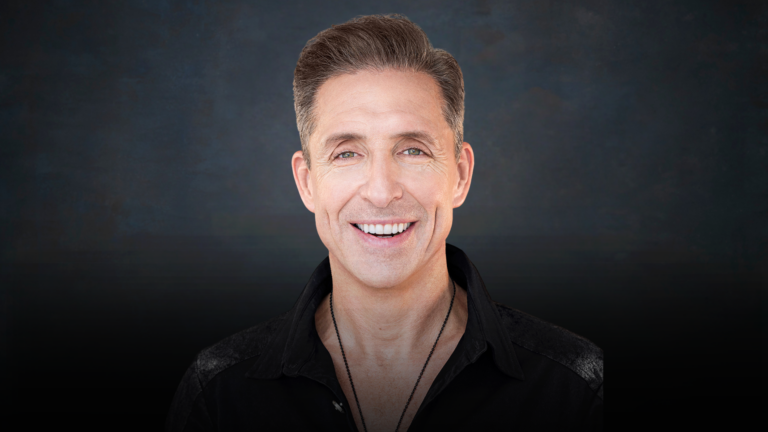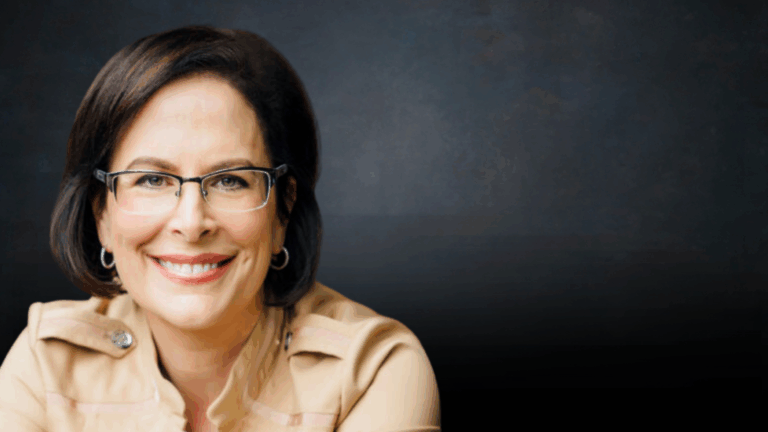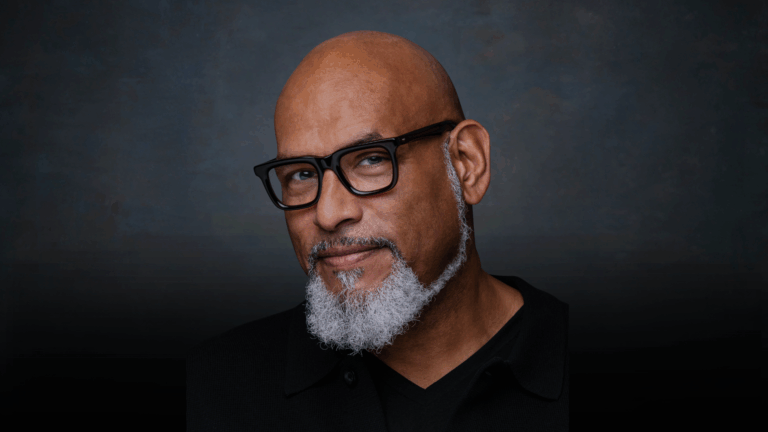This week’s conversation is with Nelson Dellis, a competitive memory athlete who is widely recognized as one of the world’s leading experts in the fields of memory and mental fitness.
Nelson is a 5X USA Memory Champion, a Grand Master of Memory, and holds several world records for memorization – including memorizing the most decks of cards in 30 minutes (9.02 decks), the most digits in 30 minutes (907 digits), and the most names in 15 minutes (235 names).
Nelson is also an accomplished mountaineer – having summited Everest in addition to many of the world’s largest peaks – and is the founder of Climb For Memory, a non profit raising awareness for Alzheimer’s research by organizing mountain climbs around the world.
As many of us are focused on the habits and changes we want to implement heading into the new year, I was really excited to learn more from Nelson about how memory, well-being, and performance are related – and specifically, what we can all do to enhance our mental fitness.
“I really believe that memory is who we are, at a fundamental level, as a species.”
In This Episode:
Why did he want to start training his memory?
I started learning about memory and memory techniques just over a decade ago. My grandmother had been suffering from Alzheimer’s for quite a while and eventually passed away from complications related, and that’s what set this journey off for me. I’d not really thought much about memory improvement until then, until I started witnessing kind of her mind go away and it was a horrible affair for our whole family and for her. But as a bystander, a close bystander, I was kind of fascinated in a weird way because I couldn’t believe that somebody could become essentially a shell of themselves. And it was just weird and heartbreaking and all these things altogether to watch. And that had a profound impact on what I thought about myself and the future and what’s in store for me.
Why is memory so important?
I really believe that memory is who we are at a fundamental level as a species. And to be able to really harness that skill and to be able to tap into it, of course, has affected my life and I can use it to my benefit in many situations, but it makes me feel like I’m more in tune with the universe, maybe with humanity. It’s a really deep feeling of satisfaction and fulfillment there somehow.
We have the ability to train our memory
We are all born with a memory or the ability to remember things, but it’s something that can be mastered and used more efficiently than we’ve ever really been taught. So yes, there’s innate abilities, I think that vary, but I think on average, I’d say that the average person has about the same memory abilities as the other without any mastery there. But we also have this ability to train it and to take it to another level completely. We all have this ability within us, and I think we all equally can get to that level. In a nutshell, I think we all have the same kind of abilities. It’s just certain people are more in tune with that. Some have trained them like myself, but I think we all kind of have that ability there. It’s just not tapped into.
Training and motivation to train
My approach, versus say other memory experts or people who teach some of these things who are memory coaches, is I’m all about the training. I think that one of the things that’s lacking, and you talked about it before we started recording, is that you learned the techniques, you read the book, Moonwalking with Einstein and you were kind of jazzed about it and then it didn’t go anywhere, right? The motivation fell flat probably because, and this is often a question I get a lot, is how do I apply these techniques to real life, on the go situations? And it’s kind of obvious in a way, but then when it comes down to it practically you’re like, “I don’t know if I could do this. I might as well just put it on my phone or write it down or something like that.” But the training aspect will get you to a place where it will integrate better with your life.
Is memory all we have?
I’m a believer that if, let’s say you woke up tomorrow and forgot everything in your life, right? Would you be you, right? Some might argue yes, right? I would argue no. I mean, you could argue that there’s something more indescribable about our consciousness or something. But I think ultimately we are who we are because of the sum of our memories and experiences, which when we talk about your experiences, it’s essentially the memories that you’ve had with those things. So without them, I mean, who are we in terms of being you, Michael, and me, Nelson, and that feeling what it’s like to be me.
“But, memorizing things is boring!”
With memory techniques, you can turn that into a much more visual, attractive, personal experience and it’s a lot more inviting. I mean heck, that’s the reason why I kept training every day is because I loved going to these places in my mind to memorize things, pointless stuff. Right? But I love the experience and at the same time it was making me feel like I had a superpower. It was enhancing my memory and that’s an amazing feeling to have too. I never wanted to lose that because what? I was going to go back to being not superhuman? That felt like such a downgrade and it wasn’t really that difficult to maintain through the practice.
Training memory can change your whole outlook on life
Training your mind to be able to play with images and thoughts, as how you just approach all things, good or bad. Yes, I’m not memorizing everything that I look at, but I am naturally at this point, because it’s trained looking, and receiving information and looking at it as if I were going to memorize it. So everything’s turning into associations and pictures and I’m kind of playing with things just instinctively at this point, and that’s the starting point. Everything’s ready to go in terms of locking it in, linking it, so it stays there, but I’m not doing that to everything. At least the way I view the world, and information that hits me, that’s changed through the training.
Climb for Memory
I’ve always been fascinated with the mountains, and anything that makes me feel small, and humbled in the world, and mountains do that. I’ve always loved that. Back when I started learning these techniques, and discovering them, I always was shocked that not many people knew of the techniques, or really thought twice about brain health as something that you could work on. I decided I needed to share this with as many people as possible, and I thought, going to climb mountains, and raise awareness through those endeavors would be a great head turner for the cause that was underneath it… I created this charity, Climb for Memory, and at the beginning, it was me doing these big climbs, and trying to get sponsors, and trying to raise awareness, and get attention for this disease. Now, I run yearly treks up Kilimanjaro, and to Everest Base Camp, and things like that, for groups who climb for the cause. I open source it a little bit. Climbing Everest, I’ve been up there four times.
How to connect with Nelson and start training your memory
At a starting point, you can just go to my website, Nelson Dellis, all the stuff is there. You can reach my books, my YouTube channel is pretty active, with memory tips and things like that. It leads to my charity page, which is climbformemory.org, the number four. My books, again, they link from my page, but you can also just search on Amazon, and you’ll find those two books there. I have two books out right now. One is called “Remember It,” it’s my main book describing this whole technique business, see, link go, and specific strategies to memorize specific things. I wrote a kid’s version of that, called “Memory Superpowers,” which is much more kid friendly. I actually like that book more, I like to read it as well. Adults will read it as well.



